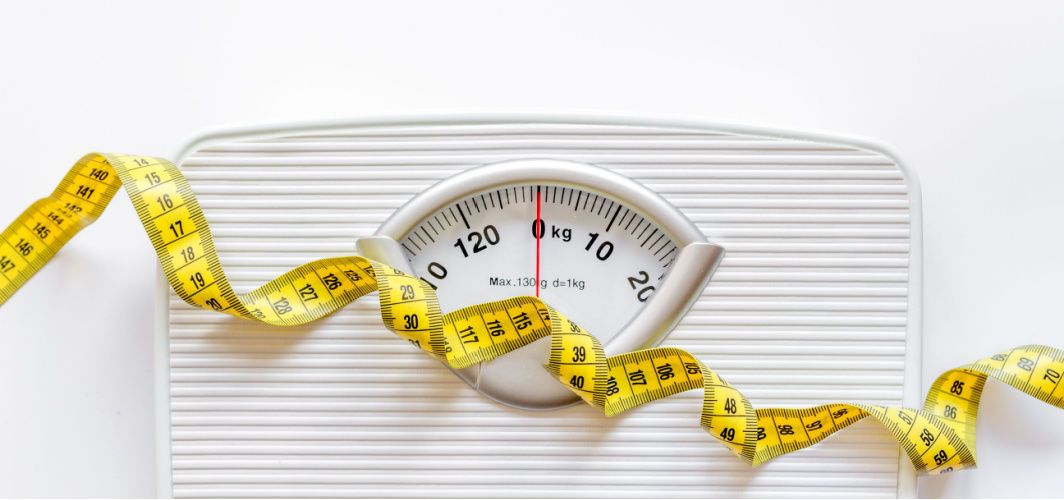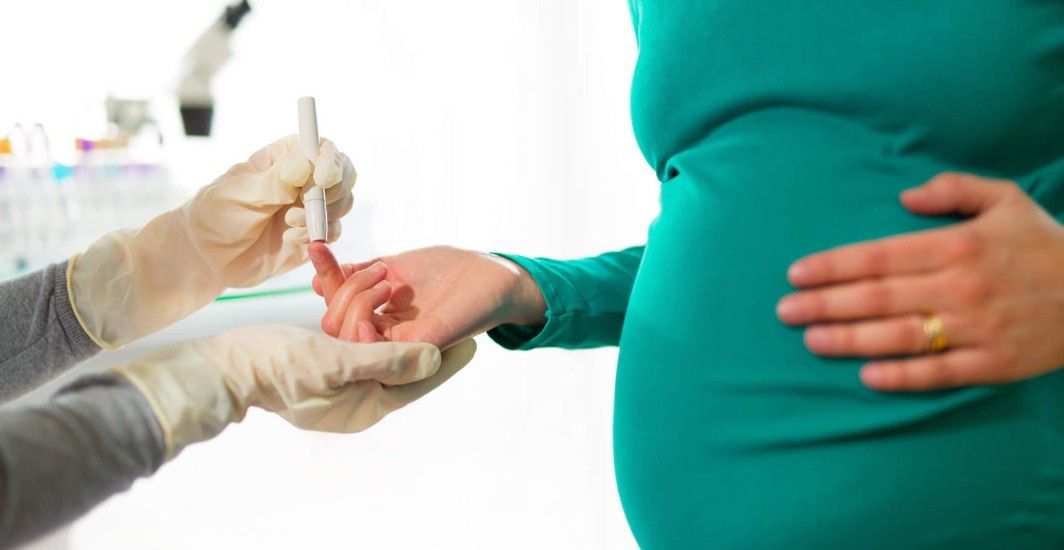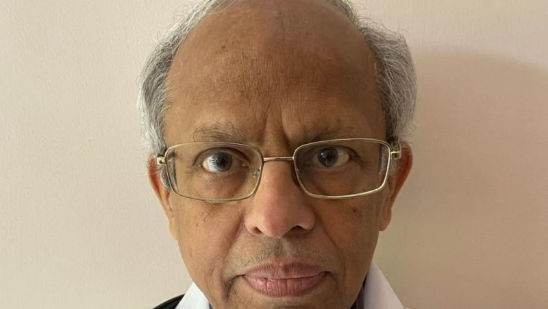Diabetes Management
Navigating Beverages and Blood Sugar Balance
2 min read
By Apollo 24|7, Published on - 23 February 2024
Share this article
0
0 like
.jpg?tr=q-80)
Managing your blood sugar levels is critical to maintaining a healthy lifestyle while living with this condition. One important factor that can influence blood sugar levels is what you drink. Consumption of sugar-sweetened beverages, including soda, sweetened tea, coffee, juices, and milk, is related to a higher risk of diabetes in India. Hence, it becomes crucial to know which beverages are harmful to your blood sugar and how you can replace them with healthier options.
Understanding Alcohol's Impact on Blood Sugar
Alcohol can lead to unpredictable blood sugar swings. Initially, it might boost your levels, but later on, it can cause a sharp drop. When you drink, your liver shifts its focus to breaking down alcohol instead of releasing glucose, potentially causing hypoglycemia. This risk persists for hours after your last drink, especially if you've had several. To minimize risk, always consume alcohol with food and in moderation.
Making Beverage Choices
For individuals managing their diabetes, it's crucial to make wise decisions about what they drink. When considering alcoholic beverages:
- Limit your intake: Stick to one drink a day for women and two drinks a day for men.
- Choose wisely: Opt for light beers, dry wines, or drinks mixed with diet soft drinks.
- Monitor your blood sugars: Check your glucose levels before and after consuming alcohol.
However, it is recommended to consult a medical practitioner for recommendations as per your specific conditions.
Diabetes-Friendly Drink Alternatives
Apart from alcohol, there are plenty of other beverage options suitable for people with diabetes:
- Drink water: It's calorie-free and helps keep you hydrated.
- Try herbal teas: They are low in calories and carbohydrates.
- Opt for black coffee: It contains almost no carbs when unsweetened.
It's essential to remember that while these guidelines provide a general idea, each person's body responds differently. Always consult your doctor before making any significant changes to your diet or medication regimen.
Diabetes Management
Consult Top Diabetologists
View AllLeave Comment
Recommended for you

Diabetes Management
Does Unexplained Weight Loss Indicate Diabetes?
Unintentional weight loss can signal diabetes, especially type 1 or poorly controlled type 2. It occurs as the body breaks down fat and muscle for energy due to ineffective glucose use. Proper management, including blood sugar monitoring, balanced diet, exercise, and medications, can address this. Recognising this link aids early diagnosis and effective management, as weight loss may accompany other diabetes symptoms like increased thirst and frequent urination.
.jpg?tr=q-80)
Diabetes Management
Can Not Eating Enough Cause Diabetes?
Wondering if not eating enough can cause diabetes? The answer is not straightforward. While not consuming enough can lead to hypoglycaemia, it doesn't directly result in diabetes. However, a consistent intake of carbohydrates could lead to blood sugar imbalances, potentially increasing your risk of type 2 diabetes over time. But remember, managing your diet effectively and understanding what you eat does play a vital role in maintaining good health.

Diabetes Management
A 10-Step Guide to Gestational Diabetes Care
Gestational diabetes doesn't have to be overwhelming. With the right care and lifestyle changes, you can prevent complications and ensure a healthy pregnancy. Maintain a balanced diet, monitor blood sugar levels regularly, stick to a treatment plan, and attend regular check-ups. Above all, remember that you're not alone in this journey - rely on your healthcare team for guidance and support.
Subscribe
Sign up for our free Health Library Daily Newsletter
Get doctor-approved health tips, news, and more.
Visual Stories

8 Fruits That are Incredibly Healthy for Diabetes
Tap to continue exploring
Recommended for you

Diabetes Management
Does Unexplained Weight Loss Indicate Diabetes?
Unintentional weight loss can signal diabetes, especially type 1 or poorly controlled type 2. It occurs as the body breaks down fat and muscle for energy due to ineffective glucose use. Proper management, including blood sugar monitoring, balanced diet, exercise, and medications, can address this. Recognising this link aids early diagnosis and effective management, as weight loss may accompany other diabetes symptoms like increased thirst and frequent urination.
.jpg?tr=q-80)
Diabetes Management
Can Not Eating Enough Cause Diabetes?
Wondering if not eating enough can cause diabetes? The answer is not straightforward. While not consuming enough can lead to hypoglycaemia, it doesn't directly result in diabetes. However, a consistent intake of carbohydrates could lead to blood sugar imbalances, potentially increasing your risk of type 2 diabetes over time. But remember, managing your diet effectively and understanding what you eat does play a vital role in maintaining good health.

Diabetes Management
A 10-Step Guide to Gestational Diabetes Care
Gestational diabetes doesn't have to be overwhelming. With the right care and lifestyle changes, you can prevent complications and ensure a healthy pregnancy. Maintain a balanced diet, monitor blood sugar levels regularly, stick to a treatment plan, and attend regular check-ups. Above all, remember that you're not alone in this journey - rely on your healthcare team for guidance and support.

